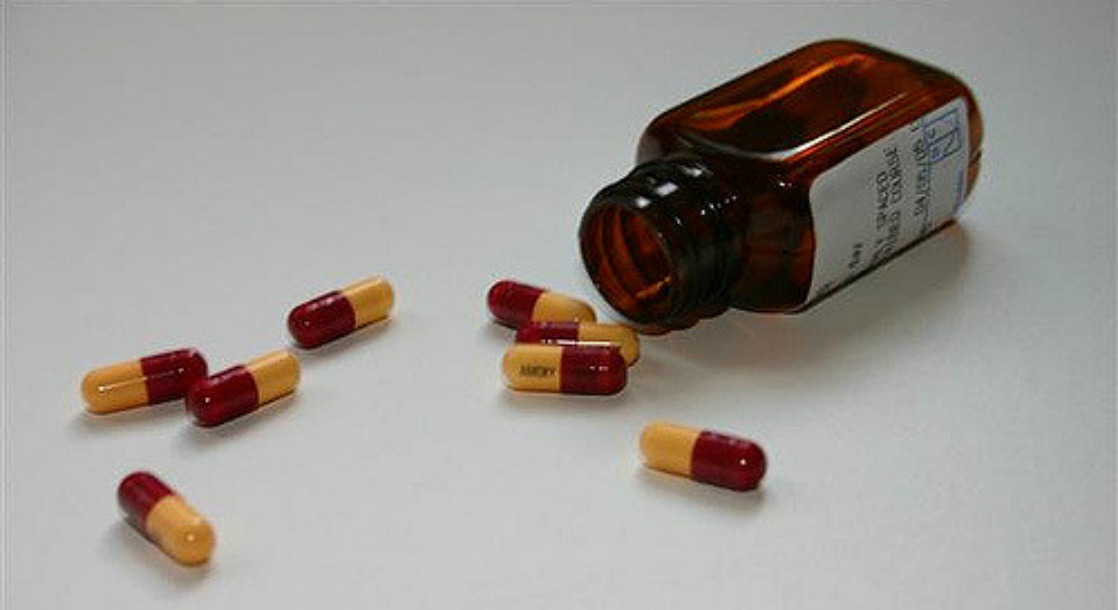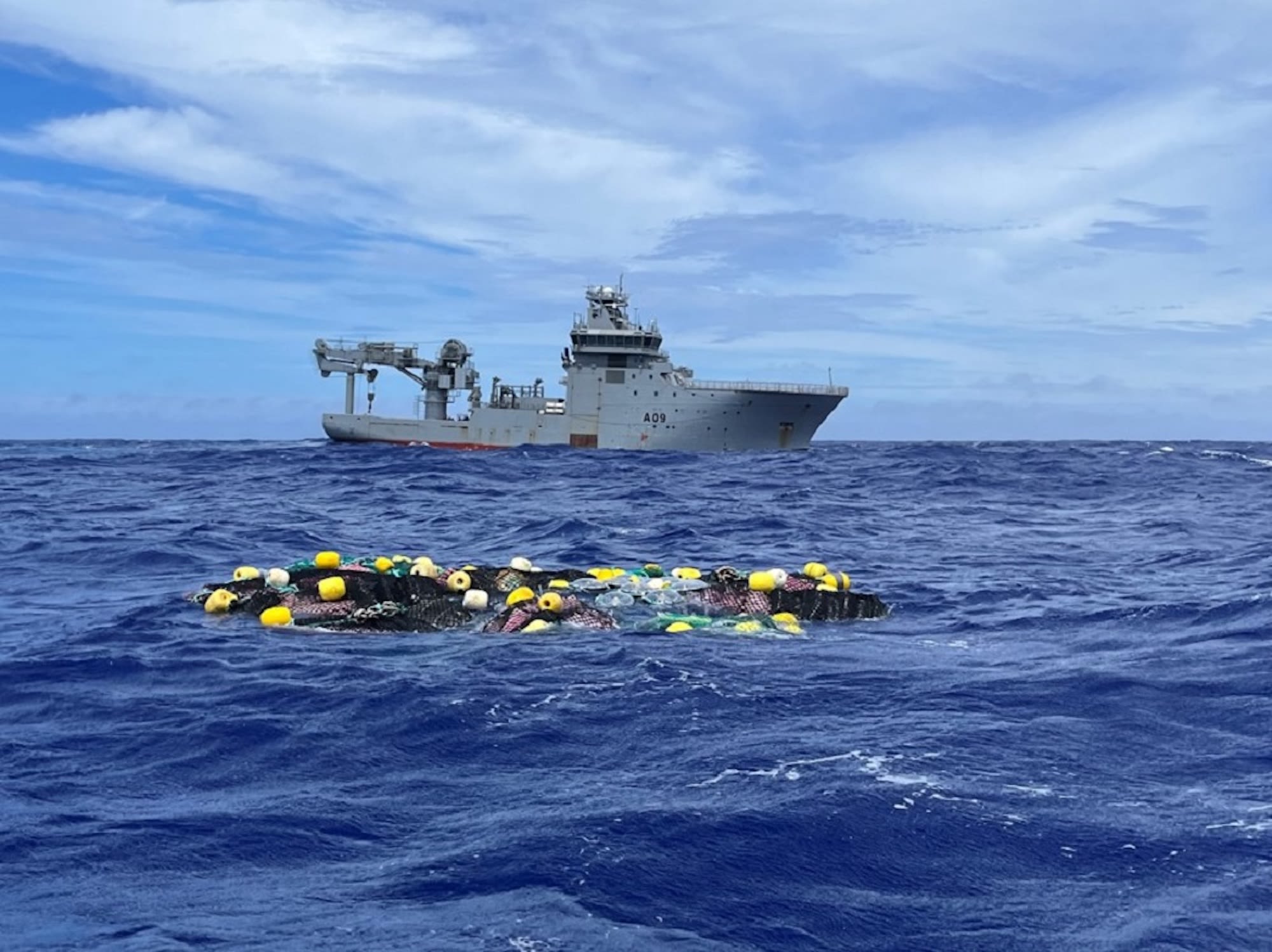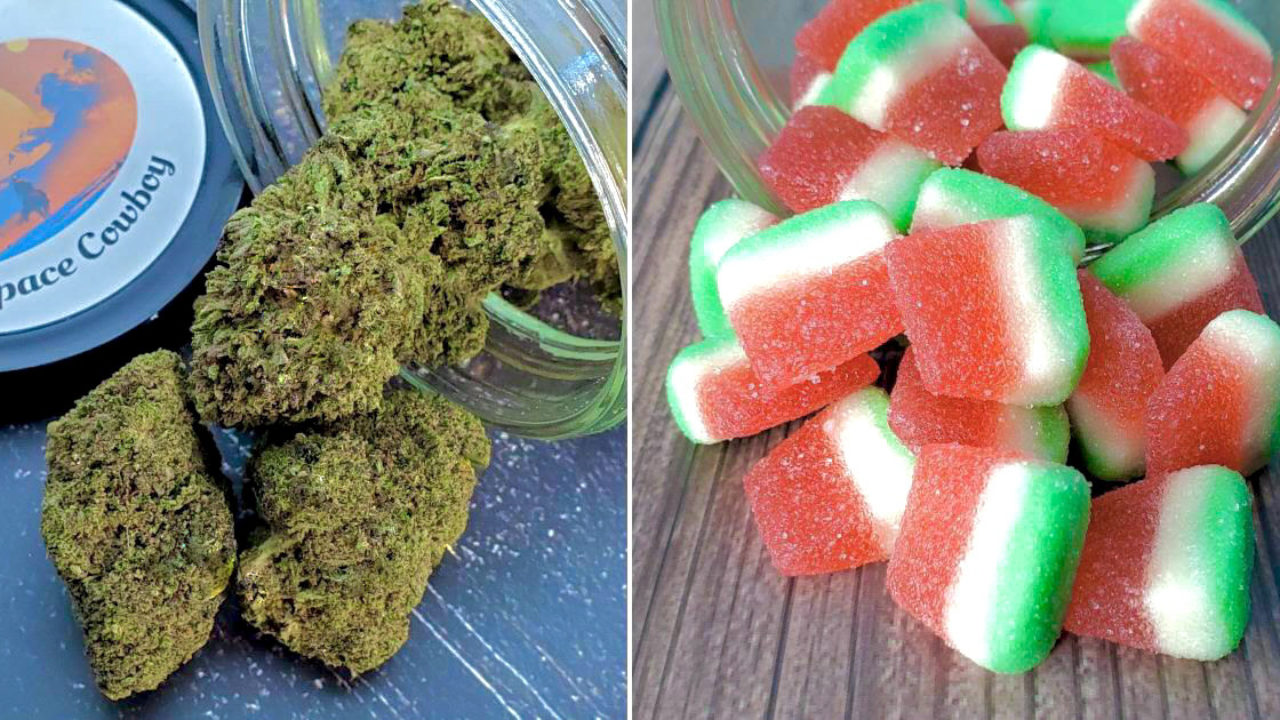In the fight for medical marijuana’s legitimacy, patients, advocates politicians and scientists have for decades struggled to prove the clinical power of the federally scheduled drug, with arguments largely falling on deaf ears until relatively recently. Even as attitudes change, researchers have been largely unable to conduct extensive, scientifically sound studies. But with most of the country now residing in a state with medical marijuana access and more action on the federal legalization front than ever before, another, less lauded Schedule I drug is taking the fast path to mainstream acceptance, and it could be a godsend for thousands of patients suffering from post-traumatic stress disorder.
According to the Washington Post, the federally-run Food and Drug Administration has designated MDMA, better known as the active ingredient in ecstasy or molly, for its “breakthrough therapy” label, essentially fast-tracking research about the psychedelic compound’s therapeutic benefits for patients suffering from PTSD. This has the potential to affect thousands of returning combat veterans.
“We’re in this odd situation where one of the most promising therapies also happens to be a Schedule 1 substance banned by the [Drug Enforcement Administration],” retired Brig. Gen. Loree Sutton, who until 2010 was the highest-ranking psychiatrist in the U.S. Army and current commissioner of New York’s veteran services program, said. “If this is something that could really save lives, we need to run and not walk toward it. We need to follow the data.”
In preliminary studies, MDMA has had remarkable results in melting away the severe terror and unpredictability of PTSD, with combat veterans expressing significant improvements in daily function after using the drug widely known as a rave-friendly party drug.
“I was in such a comfortable place,” Army veteran Jon Lubecky told the Post about his ability to therapeutically break through the walls of his past trauma with the help of MDMA. “I didn’t even realize I was finally talking about it, admitting it for the first time to anybody.”
MDMA’s path from outlawed narcotic to potential pharmaceutical wonder-drug is almost entirely thanks to Rick Doblin, who founded the California-based nonprofit group Multidisciplinary Association for Psychedelic Studies, or MAPS, over thirty years ago. You may remember MAPS from their rebuke of the government’s less-than-suitable ditch weed provided for medical marijuana studies earlier this year, but the group’s work has extended into every corner of the psychedelic landscape.
From his early days as a counterculture acid aficionado in the 1970’s to the clean cut businessman leading the way for the normalization of medical MDMA, 63 year-old Doblin has fundraised for and facilitated as much research into psychedelics as possible. To aid in his lofty goals, Doblin has found allies and donors in Silicon Valley’s pockets of experimentally-minded wealth and eccentric companies like soap sellers Dr. Bronners, who pledged $5 million towards MAPS research.
Now, thanks to the “breakthrough treatment” moniker, Doblin says his hard-fought battle to legitimize MDMA could be won in a matter of years, with a large-scale 200-300 person multi-location study set to commence next year. If that research is successful, Doblin is hopeful that the FDA could approve MDMA for PTSD treatment as soon as 2021.
“If you were to design the perfect drug to treat PTSD, MDMA would be it,” Doblin said. “We wanted to help a population that would automatically win public sympathy, no one’s going to argue against the need to help them.”











